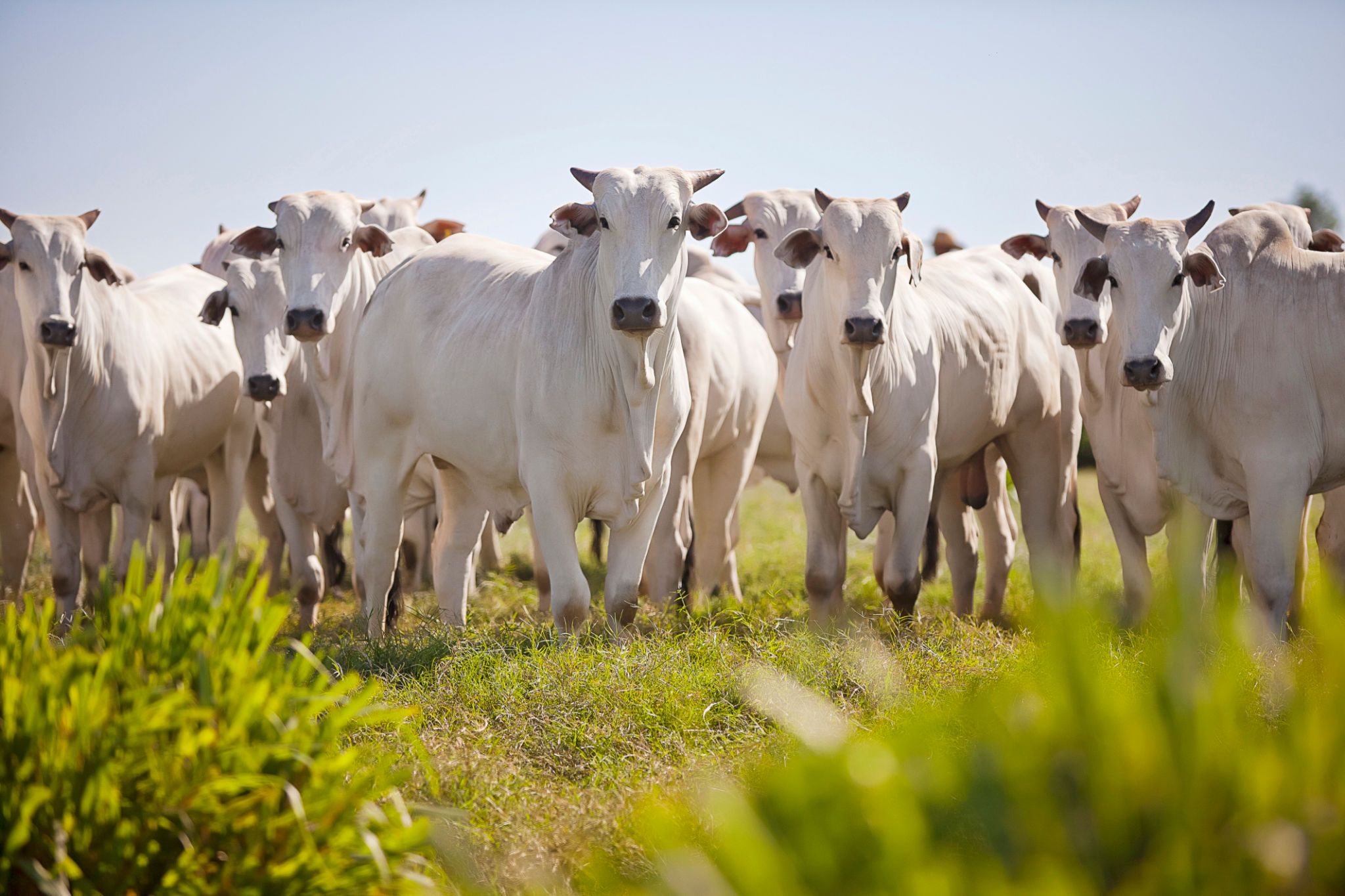The Journey of Brazilian Beef: From Sheridan County to Asian Markets
The Global Demand for Brazilian Beef
Brazilian beef has become a cornerstone in the global meat industry, known for its rich flavor and high quality. The journey of this beef from the lush pastures of Sheridan County to bustling Asian markets is a testament to Brazil's agricultural prowess and global trade networks. In recent years, the demand for Brazilian beef has skyrocketed, particularly in Asia, where consumers appreciate its taste and versatility.

The Roots of Brazilian Beef Production
Brazil's success in beef production starts at the source: its expansive and fertile lands. Sheridan County, among other regions, plays a pivotal role in raising cattle that meet international standards. The county's favorable climate and advanced farming techniques have enabled Brazilian beef producers to raise cattle that are not only healthy but also environmentally sustainable. This sets the stage for the beef's journey across continents.
The production process begins with careful breeding and feeding practices. Brazilian cattle are often raised on pastures, which contributes to the meat's unique taste and texture. The emphasis on natural feeding regimens ensures that the beef remains free of artificial additives, aligning with global trends toward organic and natural food products.
Processing and Quality Assurance
Once the cattle reach maturity, they are processed in state-of-the-art facilities that adhere to stringent quality and safety standards. These facilities are equipped with advanced technologies to ensure that every cut of beef meets both domestic and international requirements. Quality assurance is a critical component of the processing phase, with rigorous checks at each stage.

Brazilian beef producers have implemented comprehensive quality control measures to maintain their reputation on the world stage. This includes regular inspections by government bodies and independent organizations, ensuring that all beef exported is safe and of the highest quality. Such measures are crucial in building trust with international buyers and consumers.
Navigating the Export Process
Exporting Brazilian beef involves a complex logistical network designed to preserve the product's quality throughout its journey. From Sheridan County, beef is transported to major ports where it embarks on a journey across the ocean. This process requires meticulous planning to ensure that the meat arrives fresh and ready for consumption.
The export procedures involve several key steps:
- Inspection and Certification: Ensuring compliance with international health standards.
- Customs Clearance: Navigating regulatory requirements in both exporting and importing countries.
- Transportation: Utilizing refrigerated containers to maintain freshness.

Arrival in Asian Markets
Upon reaching Asian markets, Brazilian beef is distributed to various retailers, restaurants, and food processors. The meat's arrival is often met with anticipation, as it is recognized for its premium quality and rich flavor. Asian consumers have embraced Brazilian beef, incorporating it into traditional dishes as well as international cuisines.
The introduction of Brazilian beef into these markets has not only provided consumers with more options but has also stimulated economic activity. Local distributors and retailers benefit from the high demand, while consumers enjoy access to a diverse range of quality meats.
Impact on Global Trade
The journey of Brazilian beef from Sheridan County to Asian markets underscores the significance of global trade in today's interconnected world. It highlights how agricultural products can transcend borders, bringing cultures closer together through shared culinary experiences. The success of Brazilian beef serves as a model for other producers looking to expand their reach internationally.
As Brazil continues to innovate and adapt its agricultural practices, it remains poised to meet the growing global demand for high-quality beef. This journey is far from over, with new opportunities on the horizon as more countries recognize the value of Brazilian beef.
